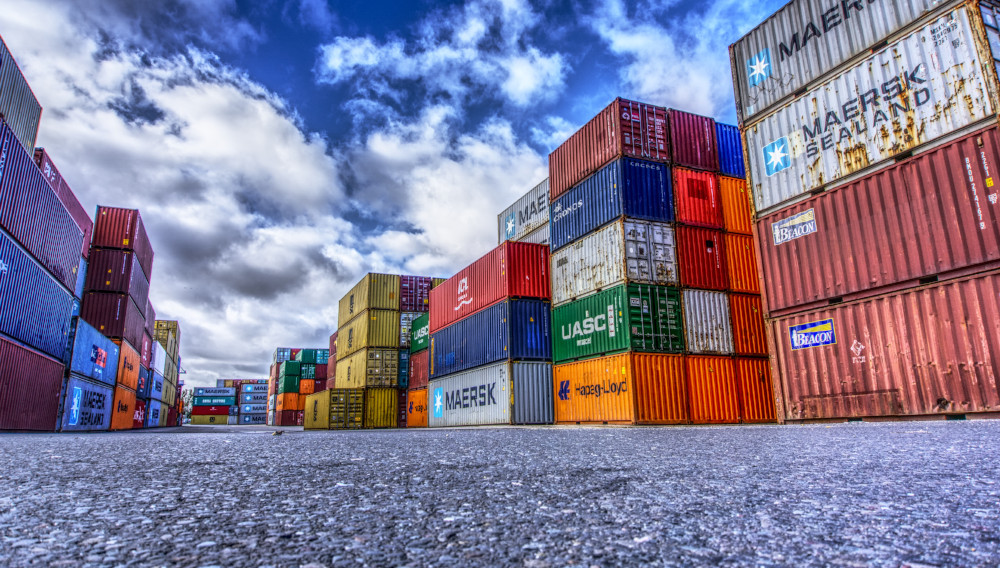Building a sustainable model for import beers in the United States
USA | Shipping beer and glass over long distances scores poorly on sustainability. Rabobank analyst Francois Sonneville favours a hybrid model, inspired by the wine industry, whereby beer is produced in the country of origin, shipped in bulk, and bottled in the market.
This could be a means of reducing not only costs (particularly if beer becomes caught up in the escalating trade war), but also greenhouse gases.
Popularity of foreign beer
In many countries, foreign beer brands are growing in popularity as consumers are looking for new experiences, yet the choice of business model for producing those beers is under debate. Authenticity favours the import model, but Rabobank does not expect that brewers in the US – the largest market for foreign beer – will switch from imports to local production. They might, however, follow a lead from the wine industry and introduce a hybrid model
Foreign beer is becoming increasingly popular across the world. Since 2000, the category has more than doubled in size, rising from 150 million hl to 330 million hl.
Currently, there are two widely used operating models for foreign beer: import and local production. Because of changing consumer preferences and the risk of rising import duties, a third hybrid model, whereby the beer is produced in the home market, matures during transport and is packaged in the target market may become more attractive.
In the US, where one in seven foreign beers is consumed, almost all volume is currently imported. American consumers put great emphasis on authenticity, and like their foreign beer to be brewed at the original brewery. The price premium that brewers are therefore able to charge makes importing an attractive proposition. The higher price more than offsets the transportation costs. It is unlikely, however, that brewers would also be able to pass on new import duties if Mexican and European beers were dragged into the trade conflicts. These potential new duties could exceed 25 percent of the products’ value.
Switching to local production is problematic in the US, as the new location of the brewing process would no longer meet consumers’ expectations. In 2013, consumers sued AB-InBev when it became known that they brewed Beck’s in St. Louis, rather than in Germany. In 2017, Craft Brew Alliance met a similar fate when it was discovered that their Kona beer comes from the US mainland and not from Hawaii.
Although changing a business model may bring many advantages for brewers, it is improbable that American consumers would continue to pay a premium price for foreign brands if they are brewed in the United States.
Beer companies will be reluctant to brew their foreign brands in America, but a hybrid model comprising home-market brewing, bulk transport, and local bottling, could be an interesting alternative. By shifting from bottled to bulk transport, as many in the wine industry have done, brewers could:
- Reduce the cost price of their beer
- Lower their CO2 footprint and increase sustainability
- Improve the quality of the beer at the point of consumption
- Continue to offer the authenticity and experience of foreign beer
At the moment, most imported beer is transported to the US in bottles (see graph). A 20 ft container can hold 11,500 litres of beer in bottles, but 24,000 litres when shipped in bulk. By switching to bulk transport, brewers can halve their number of journeys, thereby lowering their logistics costs and CO2 footprint.
Although bulk beer will also attract prospective new tariffs, bottling within the US would result in a lower value when crossing the border, which reduces the amount of the duty. A commercial brewer typically spends 25 percent of direct costs on ingredients, 25 percent on the brewing process, and 50 percent on packaging. By transporting beer unpackaged, brewers would be less exposed to potential new import duties.
The transport constitutes a risk
The transport of beer, whether in bottle or bulk, constitutes a risk. Packaging can break. Contamination might occur. And the beer itself can deteriorate, either through exposure to heat and sunlight, or because its freshness diminishes. But data from the wine industry show that the variation in temperature during bulk transport is lower than during transport in bottles, due to dissipation.
If the beer were to mature during bulk transport, it could also reach the consumer much fresher than under the traditional import model.
There are two main concerns for American consumers if the current import model for foreign beer were to change: a lack of authenticity and a low level of transparency. However, modern blockchain technology can solve the latter issue and show consumers exactly where the individual value-chain activities of their beer have taken place. It would clearly differentiate between the hybrid- and the local production-model, and identify sourcing and brewing as foreign activities.
Across the world, brewers have shown that they are willing to adjust their operating model, especially when import duties are (threatened to be) increased, for example in Angola and Ethiopia. For major importers like Heineken and Constellation Brands, consumer acceptance of bulk beer will be key when deciding on an operating model. Brewers might be hesitant to change because of consumer preference for authenticity, particularly in the United States. For smaller importers, dis-economies of scale would be an additional barrier, but outsourcing to independent transporters and co-packing companies can help them.
Rabobank is convinced that the hybrid model could provide a long-term solution that benefits everyone: a product for the consumer that is both sustainable and authentic, creation of jobs in the US, and margin protection for brewers.
Francois Sonneville is Director Beverages, RaboResearch Food & Agribusiness



